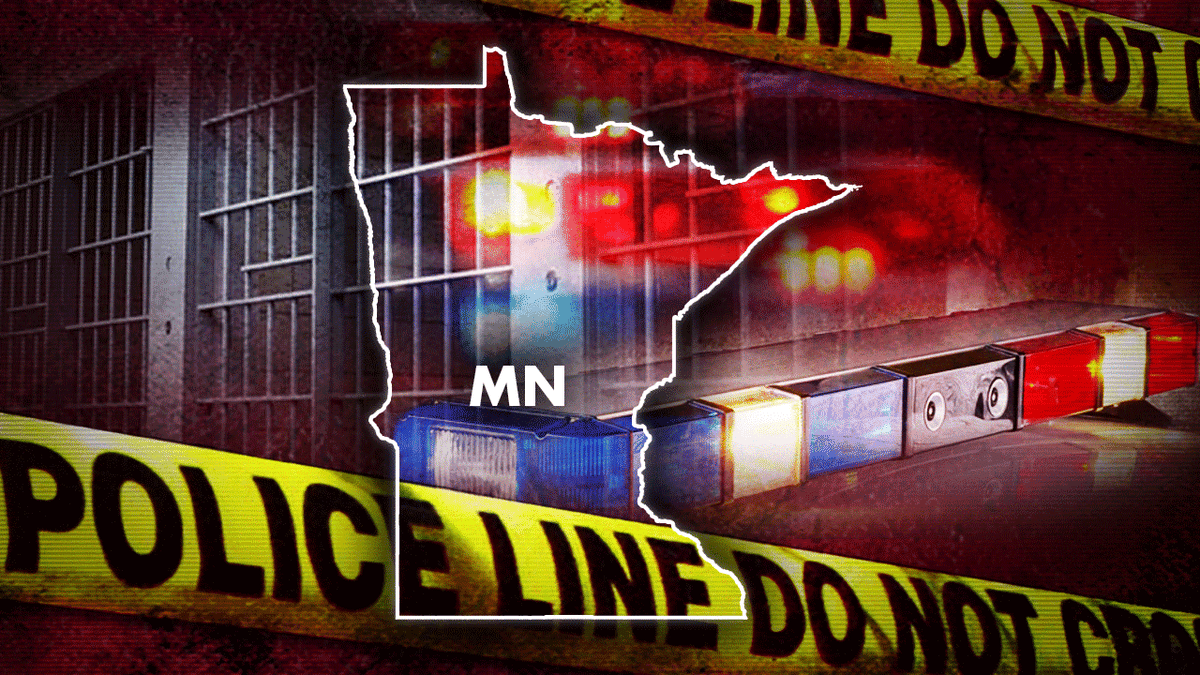Minnesota police car engulfed in flames following highway crash
A Crow Wing County Sheriff’s Office vehicle has been declared a "total loss" following a crash Monday, July 24. (Credit: Destiny Hyatt/LOCAL NEWS X/TMX)
- Law enforcement officers involved in the death of Khalil Azad will not face criminal charges, as his death was ruled an accidental drowning.
- Khalil Azad eluded a ground and air search after fleeing from police near Crystal Lake.
- The Minnesota Bureau of Criminal Apprehension reviewed the case at the request of the Robbinsdale Police Department.
No law enforcement officers will face criminal charges in the death of a man who fled a traffic stop in the Minneapolis suburb of Robbinsdale. The death was ruled an accidental drowning, prosecutors said Monday.
Hennepin County Attorney Mary Moriarty said in a statement that her office found no evidence of inappropriate behavior by law enforcement in the death of Khalil Azad, whose body was found last July on the shore of Crystal Lake. His body was discovered two days after he fled on foot from police who stopped him near the lake on suspicion of drunken driving. He eluded a ground and air search.
MINNESOTA POLICE FORCE'S RESIGNATION SPARKS OUTCRY: 'DEFUND THE POLICE LUNATICS' JUST GOT THEIR WISH
Black Lives Matter of Minnesota released a statement in February saying Azad's family believed he was bitten by police dogs and beaten by officers. The Minnesota Bureau of Criminal Apprehension then reviewed the case at the request of the Robbinsdale Police Department.

The BCA uncovered no evidence of any physical contact between law enforcement and Khalil Azad after the initial traffic stop. (Fox News)
Moriarty said the BCA's investigation established that Azad's death was a "tragic accidental drowning."
40 LAW ENFORCEMENT AGENCIES PULL OUT OF MINNESOTA SCHOOLS AFTER LAW CHANGE: 'POLICE WERE BLINDSIDED'
"The BCA uncovered no evidence that any member of law enforcement had any physical contact with Khalil after the initial traffic stop," Moriarty said. "The investigation also did not reveal evidence that any member of law enforcement did anything other than seek in earnest to locate Khalil, utilizing multiple officers from multiple agencies, multiple K9s, a State Patrol helicopter, and thermal imaging, and trying to acquire information from the two others who had been in the same vehicle."
Moriarty said she shared the decision with the relevant law enforcement agencies and in a private meeting with Azad’s family.


